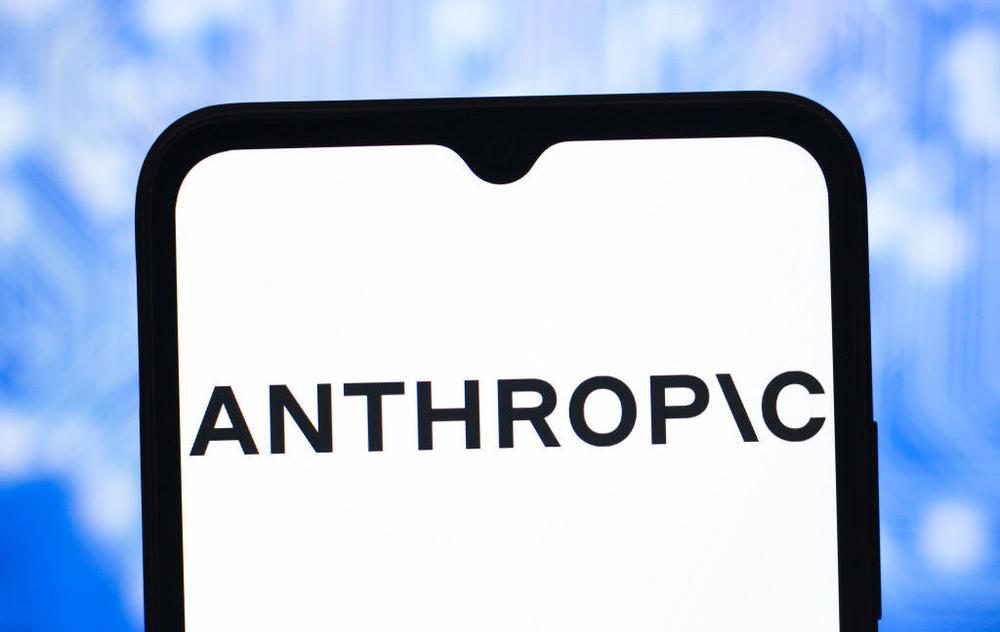At a hearing Monday, US district judge William Alsup blasted a proposed $1.5 billion settlement over Anthropic's rampant piracy of books to train AI.
The proposed settlement comes in a case where Anthropic could have owed more than $1 trillion in damages after Alsup certified a class that included up to 7 million claimants whose works were illegally downloaded by the AI company.
Instead, critics fear Anthropic will get off cheaply, striking a deal with authors suing that covers less than 500,000 works and paying a small fraction of its total valuation (currently $183 billion) to get away with the massive theft. Defector noted that the settlement doesn't even require Anthropic to admit wrongdoing, while the company continues raising billions based on models trained on authors' works. Most recently, Anthropic raised $13 billion in a funding round, making back about 10 times the proposed settlement amount after announcing the deal.
Alsup expressed grave concerns that lawyers rushed the deal, which he said now risks being shoved "down the throat of authors," Bloomberg Law reported.
In an order, Alsup clarified why he thought the proposed settlement was a chaotic mess. The judge said he was "disappointed that counsel have left important questions to be answered in the future," seeking approval for the settlement despite the Works List, the Class List, the Claim Form, and the process for notification, allocation, and dispute resolution all remaining unresolved.
Denying preliminary approval of the settlement, Alsup suggested that the agreement is "nowhere close to complete," forcing Anthropic and authors' lawyers to "recalibrate" the largest publicly reported copyright class-action settlement ever inked, Bloomberg reported.
Of particular concern, the settlement failed to outline how disbursements would be managed for works with multiple claimants, Alsup noted. Until all these details are ironed out, Alsup intends to withhold approval, the order said.
One big change the judge wants to see is the addition of instructions requiring "anyone with copyright ownership" to opt in, with the consequence that the work won't be covered if even one rights holder opts out, Bloomberg reported. There should also be instruction that any disputes over ownership or submitted claims should be settled in state court, Alsup said.
To Alsup, the settlement seemingly risks setting up a future where courts are bogged down over disputes linked to the class action for years. That's perhaps a bigger concern if many authors and publishers miss out on filing claims or receiving payments, since the judge noted that class members frequently "get the shaft" in class actions where attorneys stop caring after monetary relief is granted, Bloomberg reported. Further, Alsup is worried that an improper notification scheme could leave Anthropic in a vulnerable position, facing future claimants "coming out of the woodwork later," Bloomberg reported, despite doling out more than $1 billion.
"When they pay that kind of money, they’re going to get the relief in the form of a clean bill of health going forward," Alsup said at the hearing, suggesting that the settlement must get Anthropic completely off the hook for future legal claims over the AI training piracy. Warning class counsel that he felt "misled," the judge asked for more information about the claims process, noting, "I have an uneasy feeling about hangers-on with all this money on the table."
Following the hearing, the judge set a schedule to ensure that lists of covered works and class members would be finalized by September 15, followed by the claims process finalized by September 25. That schedule would position the court to potentially preliminarily approve the settlement by October 10, Alsup suggested.
Why the deal only covers about 500,000 works
As of this writing, the list of covered works spans about 465,000, Alsup said.
That's a far cry from the 7 million works that he initially certified as covered in the class. A breakdown from the Authors Guild—which consulted on the case and is part of a Working Group helping to allocate claims of $3,000 per work to authors and publishers—explained that "after accounting for the many duplicates," foreign editions, unregistered works, and books missing class criteria, "only approximately 500,000 titles meet the definition required to be part of the class."
But duplicate downloads and other missing criteria don't explain why the payout per work seems so small, and that's a problem for authors who want higher payouts since this settlement could become a template in other cases where AI companies are accused of pirating works for AI training.
According to the Authors Guild, "the Copyright Act gives courts discretion to award statutory damages of at least $750 and no more than $150,000 per infringed work when the infringement is willful, as is the case here."
However, "when there are a large number of works at issue," it's rare that courts award maximum damages, the group said. Hoping to avoid a dragged-out legal battle that "could tie up the case for years," authors suing Anthropic settled on "a strong payout without the risks of trial," the Authors Guild said. Going that route, they supposedly "avoided years of delay through appeals" and "achieved a certain, immediate result that sends a powerful signal to the industry that piracy will cost you a lot," the Authors Guild suggested. The settlement will also likely serve to push more AI companies to avoid piracy and actually pay to license content for training, the group said.
The Authors Guild confirmed that once the list is finalized, likely by October 10, a searchable database will be created for authors to confirm if their works are covered. Until then, authors can submit contact information through a website set up to manage the settlement process. That will ensure that authors are notified when the claims process begins, which, if the settlement is ultimately approved, will likely happen this fall, the Authors Guild said.
"If your book is included in the class list, you will receive a formal notice by mail or email from the settlement administrator," the group said. "The notice will explain the terms of the settlement, your rights, and next steps. The Authors Guild will also share information to help authors understand the process."

 F-15E americani armati con razzi laser per abbattere droni d’attacco
F-15E americani armati con razzi laser per abbattere droni d’attacco